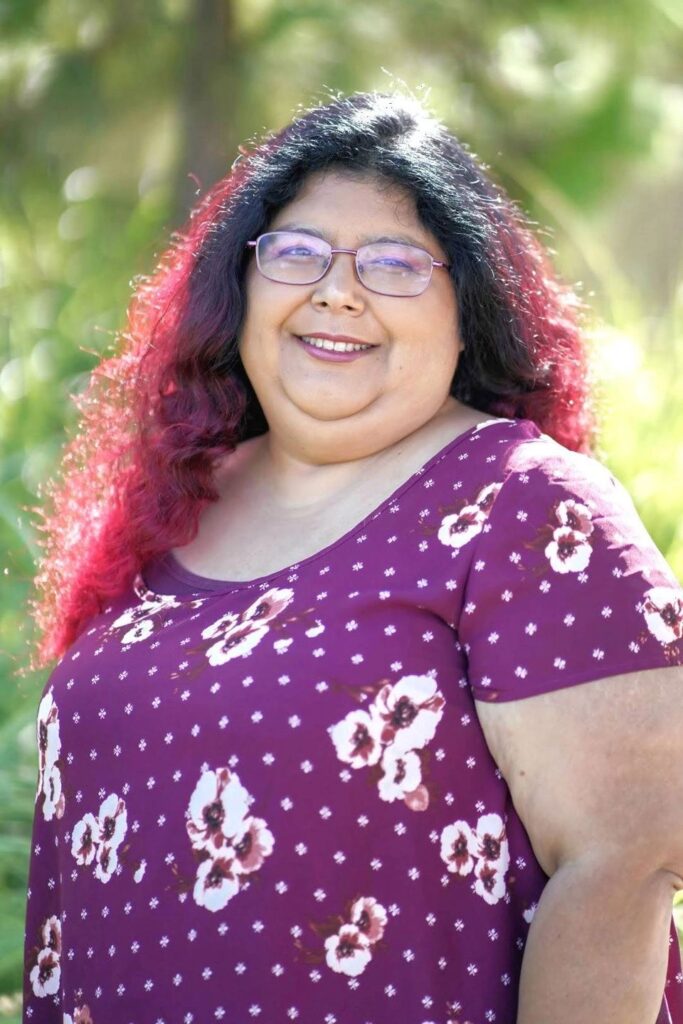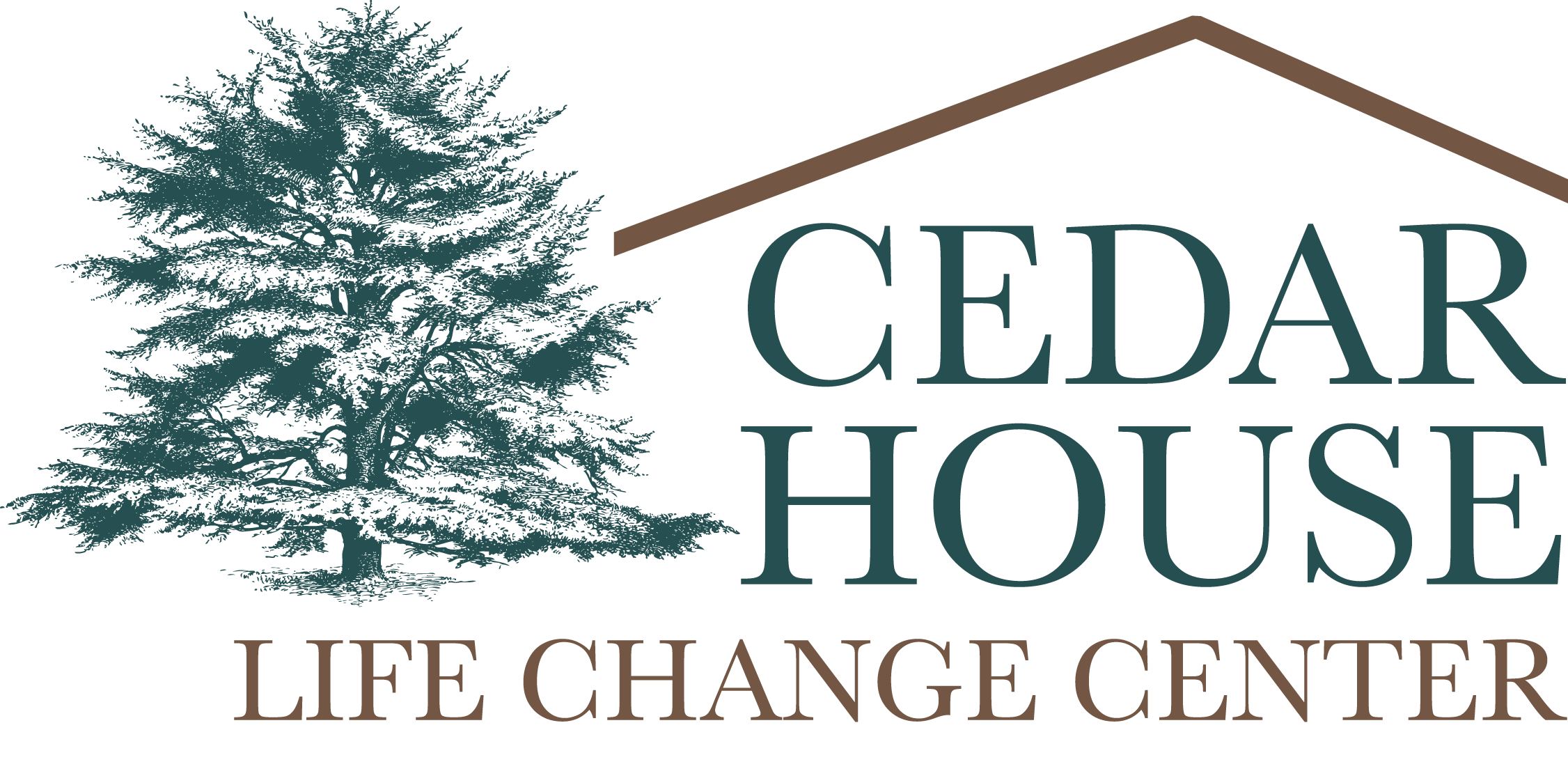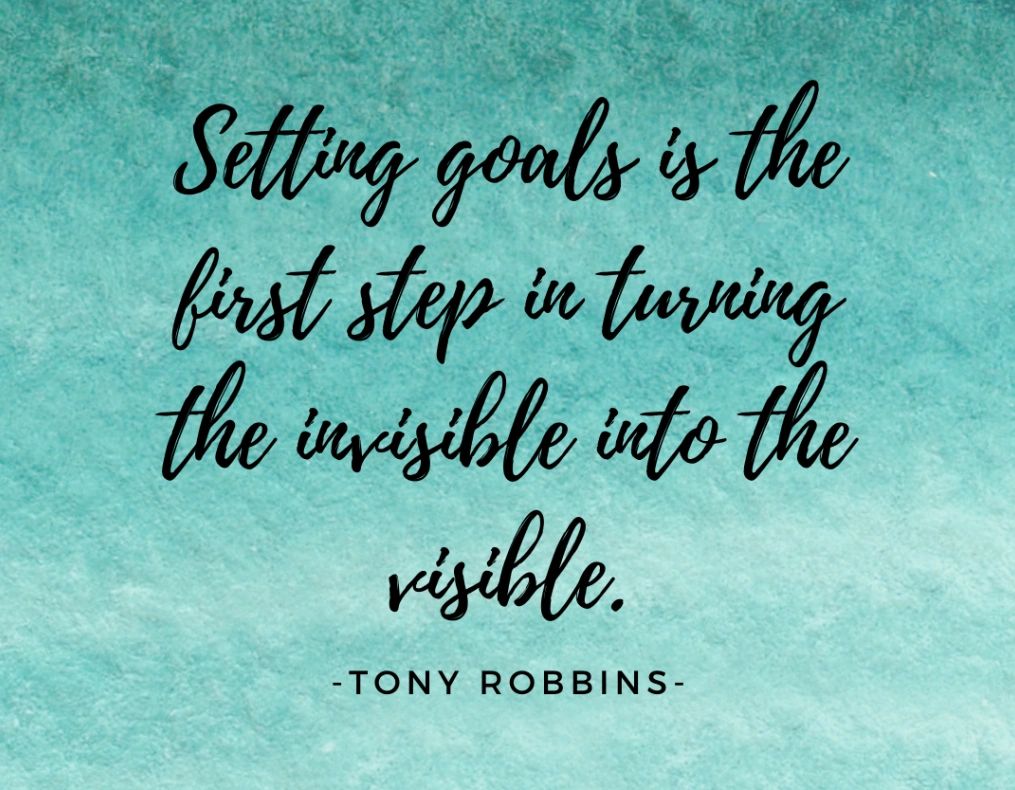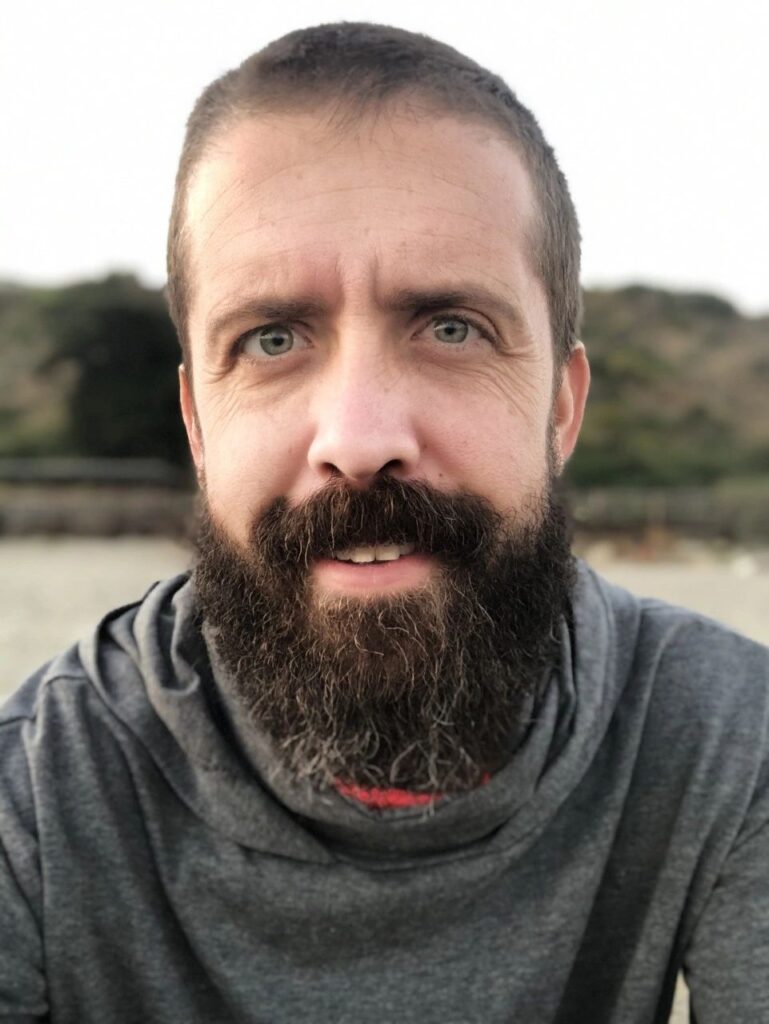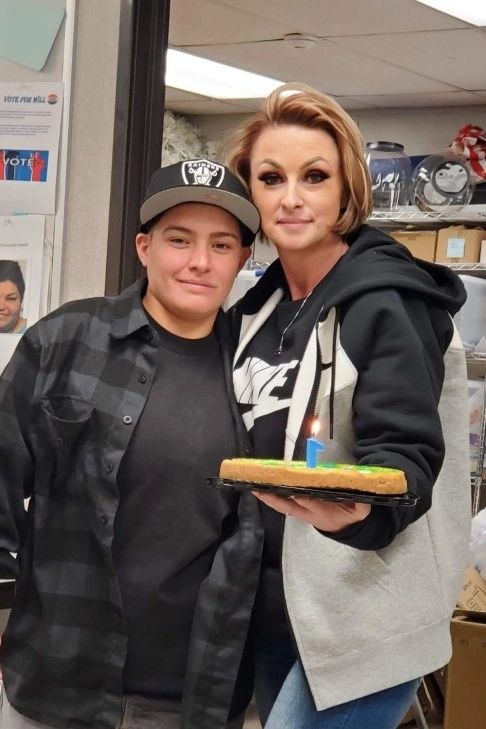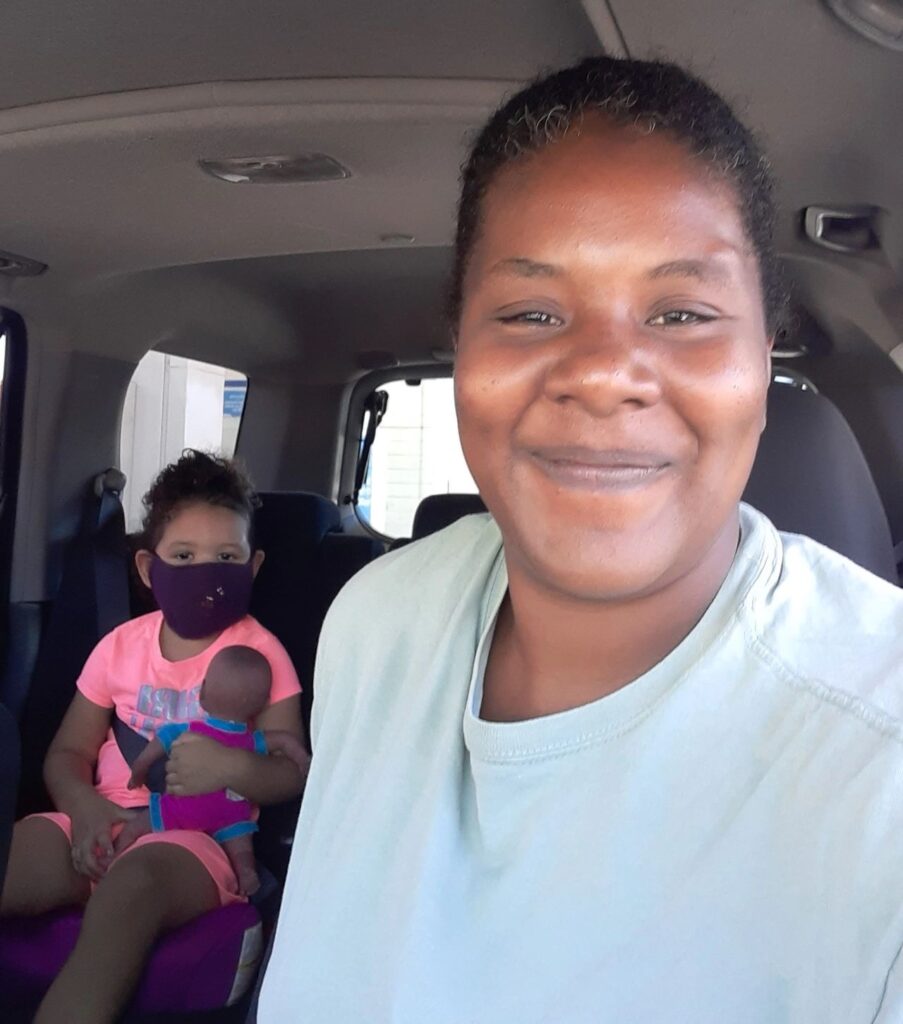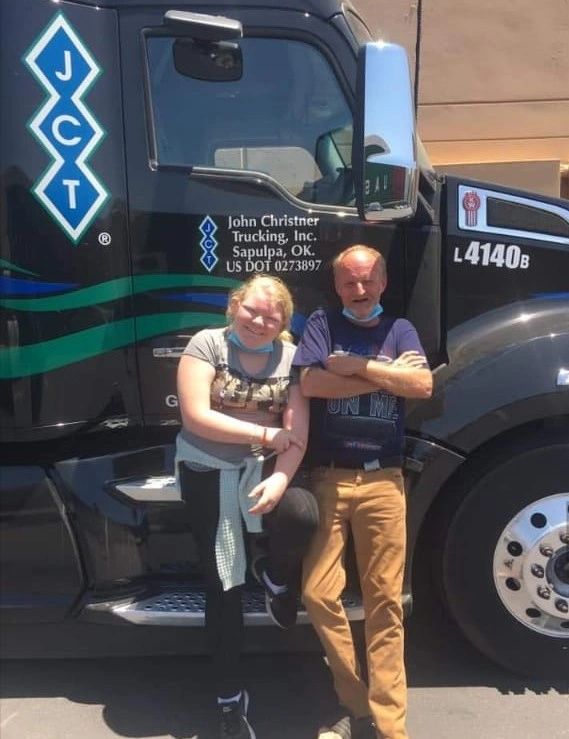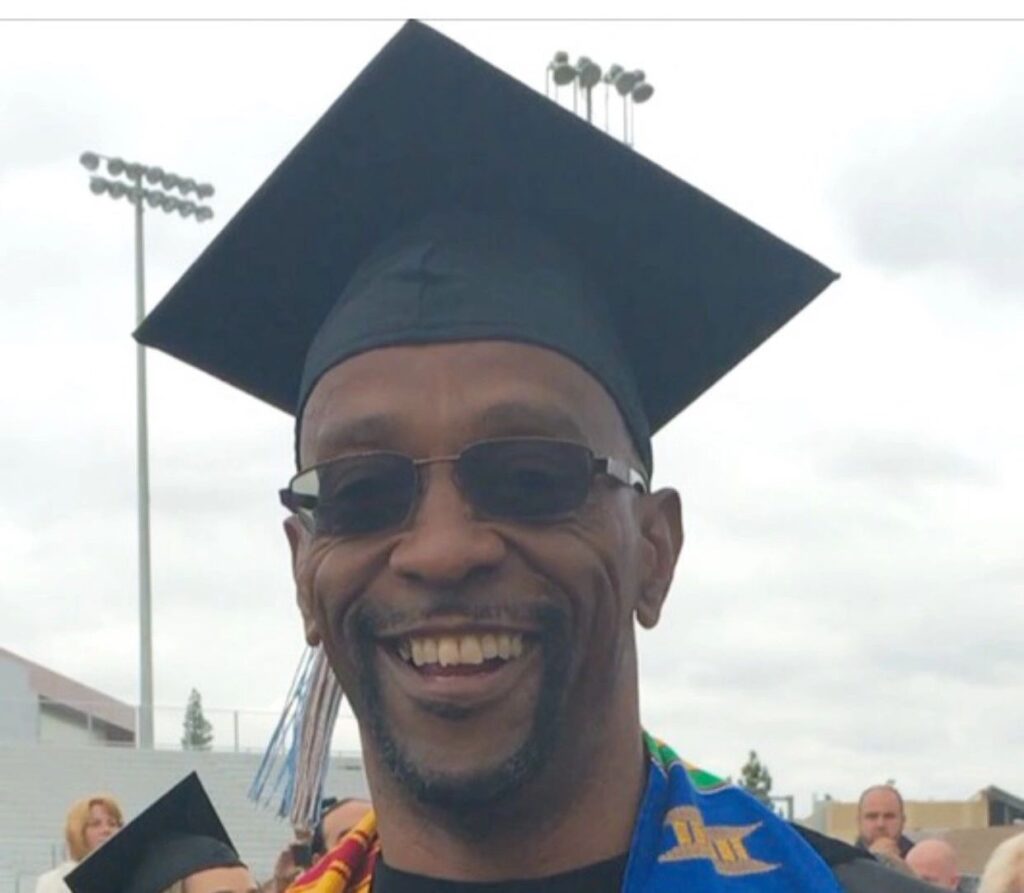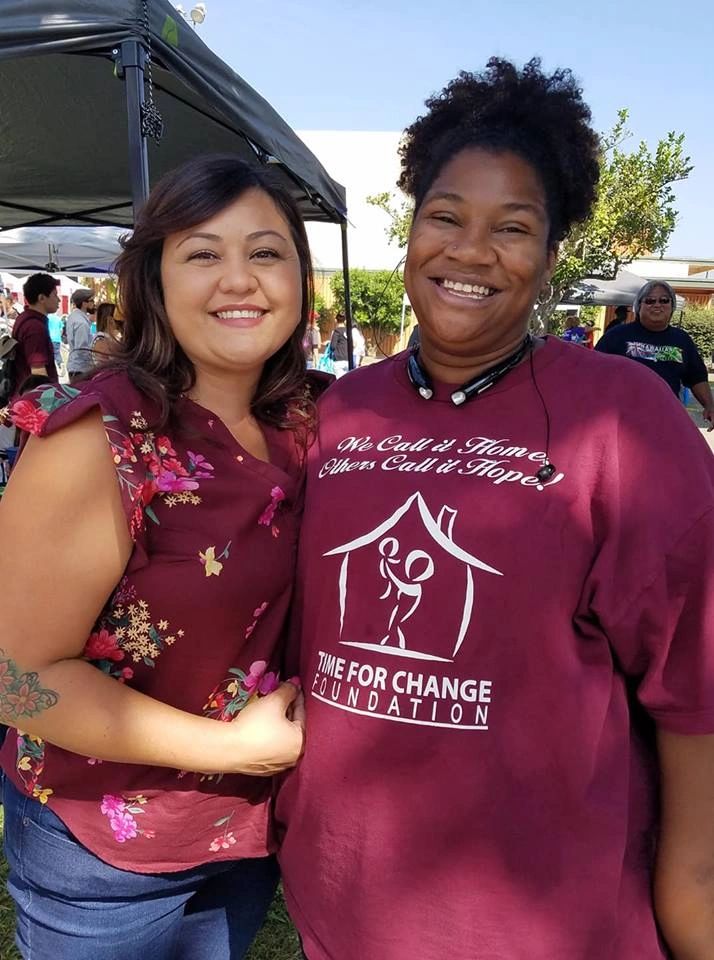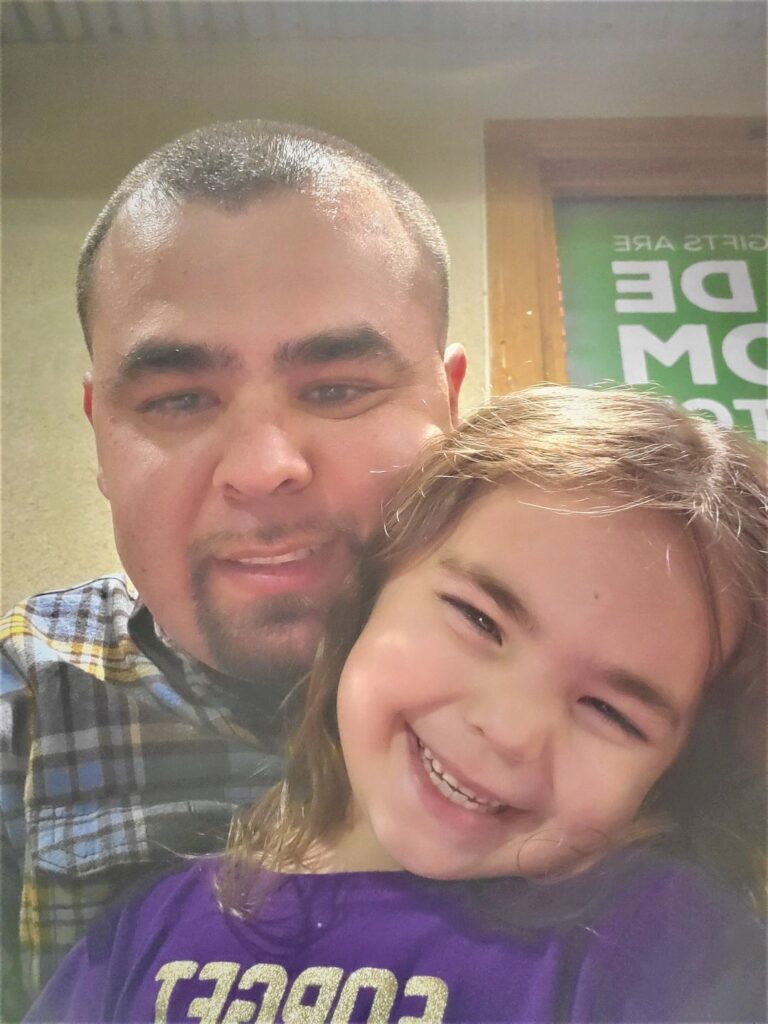From a sheltered child to a rebellious young adult, Donna’s upbringing sounds typical, until we dig a little deeper. In spite of the challenges she faced, her strong will and moral compass gave her the strength she needed to find herself and overcome her addiction.
Growing up in Fontana since the age of ten, Donna was the oldest of three. That meant she was typically required to be responsible and helpful. Despite that position, she found herself struggling with low self-esteem, insecurity and a constant fear that she would get in trouble. The Air Force recruited her after high school, and she began boot camp. Soon after, she was sent home on medical discharge because of her flat feet. This sent her spiraling into a stint of rebellion. But even with those innate insecurities and defiant attitude, Donna was not interested in drugs or alcohol. She said, “I liked being in control of my own faculties.”
A year and a half after being discharged from the Air Force, Donna met her ex-husband. Not only was he physically and verbally abusive, but he was also an alcoholic and a drug addict. They had a son together, and her ex continued to abuse her. When the baby was six months old, his father abused Donna so badly that he was arrested and spent the next two months in jail. At this point, Donna’s parents began to threaten to take the child from her, causing her to feel caught between losing her son and staying with her abusive husband.
One day when their son was about two years old they were packing to move, and her husband convinced her to try a line of speed. Her life changed immediately. When she was high, she had the false sense that somehow she was in control of her thinking and more productive.
“I was instantly addicted. After that, I lost years.”
In the next five years, they had three more children while Donna was in the depths of her addiction. She found herself in a vicious cycle of being abused and using meth. She tried an outpatient program in 2000 and was able to stay clean for three years. During that time, she gave birth to her youngest daughter, who was born with cerebral palsy.
“I thank God everyday that she was born. I was meant to be her mother. My job is to make her life the best possible life for her.”
It wasn’t long after her daughter’s birth that “the perfect storm came.” Donna’s struggles with her abusive husband and lack of family support sent her back down a dark path. From October 2003 to October 2004, her world was in turmoil. With three toddlers at home and two older children in school, she found herself falling deeper into her addiction. Her ex-husband was frequently traveling as a truck driver, which left her alone at night to smoke. One of her darkest memories was looking into the bowl she was smoking and thinking to herself, ‘I wonder if I smoke this whole thing if it will it kill me.’ She remembers a time when her small children were banging on her bedroom door needing her attention, and, by the time she opened the door, the kids were asleep just outside her bedroom. So much time was lost. There were many days when she would send them to school with dirty clothes and faces then sleep for 18 hours at a time.
Finally, Donna’s mother showed up at her home and took the children with her. By the end of the week, Donna joined them at her parents’ house. Her husband had informed her parents about her addiction and where she hid her stash. This enabled her parents to confront her directly and demand that she seek help.
“I realized I was just so tired; I was done.”
With the combined efforts of her parents, her brother and her husband, she was admitted to Cedar House on Tuesday and went begrudgingly. The first meeting she attended that night was an NA meeting with a guest speaker who told a story that Donna completely related to.
“It’s like he told my story. I realized this is where I need to be. These people understand me. I embraced it.”
Her counselors guided her through the process to recovery, giving her the tools she needed to stay clean and be a better mother to her children.
“I appreciate all my time there. It was a good four weeks.”
When she left Cedar House, she immediately started building on that foundation. She entered a perinatal program, went to NA meetings early in the morning and again in the evenings. Her ex continued to drink and abuse her, and she knew she had to “find an exit.” With the help of her brother and newfound family in recovery, she was able to break up with him and move on with her life.
After some soul searching, Donna found her passion. She enrolled at the Art Institute and graduated with her AA in 2012. She channeled her creativity and love of baking into creating unique cakes and artwork. She started her own business making pixel art and found success networking in the Fontana community.
“It’s really fun. My biggest thrill is watching other people enjoy what I’ve created.”
